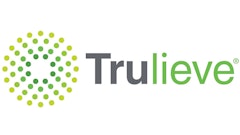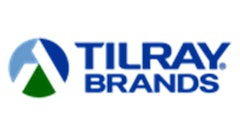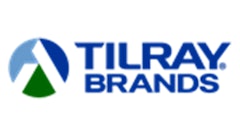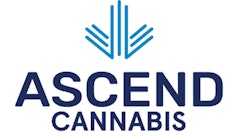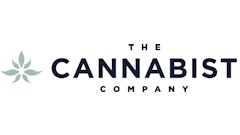
Green Thumb Industries (GTI) is the latest out-of-state company to move into New York and set up shop with its acquisition of Fiorello Pharmaceuticals, one of 10 vertically integrated license holders with a cultivation operation (in Schenectady) and four dispensary locations.
New York State lists more than 105,000 registered medical cannabis patients as of August 2019, but it’s the broader population and the potential adult-use market that has kept the state on the front lines of the regulatory conversation. Chicago-based GTI’s $60-million deal follows blockbuster transactions closed by MedMen, Pharmacann and Cresco Labs in New York. (Pharmacann, in fact, itself was later acquired by MedMen, further consolidating the ownership interests in this highly regulated market. "The Department of Health has contingently approved the MedMen/PharmaCann merger," according to a department spokesperson.)
“As one of only 10 license holders in a state with a population of approximately 20 million, this acquisition is firmly in line with our strategic goal of entering highly regulated markets to manufacture and distribute cannabis brands at scale,” GTI CEO Ben Kovler said in a public statement.
See a list of the state’s 10 licensed businesses here.
While adult-use legislation stalled in the New York State Assembly earlier this year, conglomerate cannabis operators remain focused on the likely turnover to a fully legal marketplace in the state. John Kagia, the executive vice president of industry analytics for New Frontier Data, told the Albany Times-Union this year that an adult-use market in New York could exceed $1.3 billion in sales in its first year.
As far as the terms of this latest deal, the $59.6-million purchase price comes in the form of $46 million in cash and 1.7 million common shares of GTI stock. The New York Department of Health previously provided written approval of this acquisition and ownership change, according to spokesperson Jill Montag.
Following the closing of the deal, GTI reported its second-quarter financials: Revenue, according to the company, increased 228percent year-over-year to $44.7 million. GTI’s net loss for Q2 was $22.2 million, which builds on a $9.7-million net loss in Q1 (“primarily due to a decrease in value from a variable note receivable in other income (expense) and debt-related interest expenses,” according to a press release issued by the company.)
“We are deep in the chapter of maximizing the levers in our business to drive long-term operational performance that delivers value for our shareholders and the communities in which we operate,” Kovler said in a public statement.













